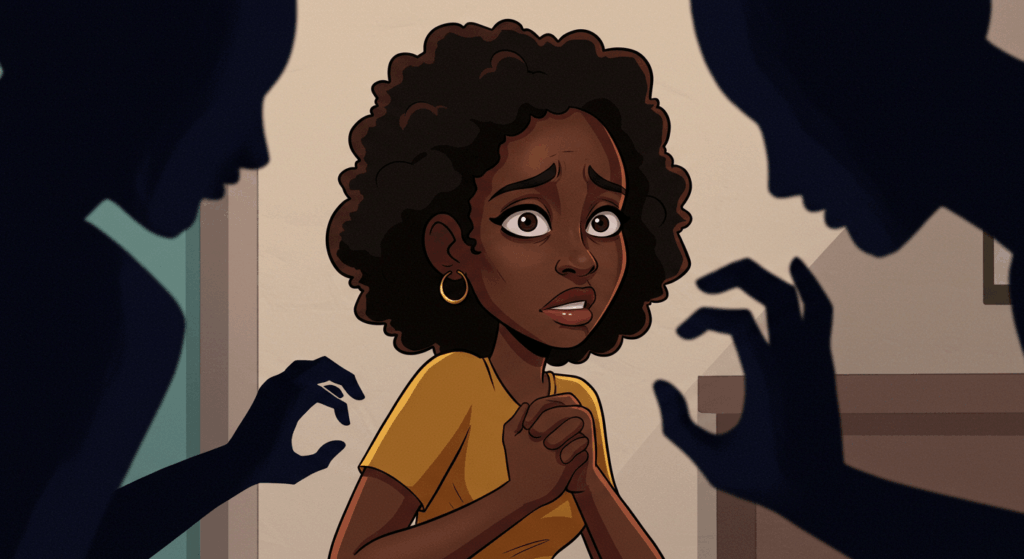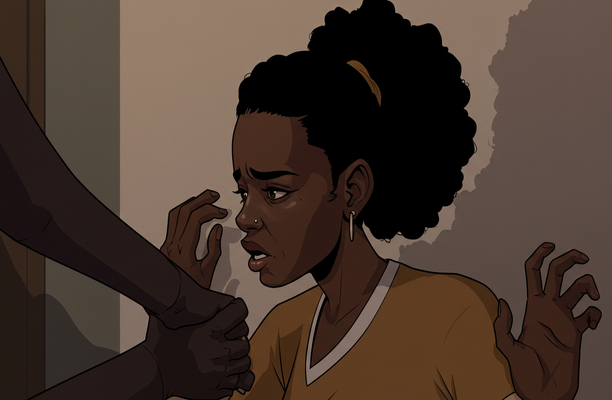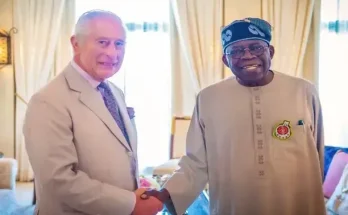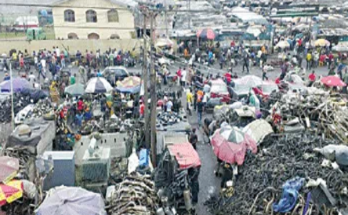By Bababunmi Agbebi
Every day, women and girls are hurt simply because they are female. This is called Gender-Based Violence (GBV). It’s not just a personal problem—it affects families, communities, and the whole country. It stops progress, ruins lives, and makes inequality worse.
The International Committee of the Red Cross (ICRC) defines sexual violence as any sexual act done through force, threats, or pressure. This includes rape, sexual slavery, forced prostitution, forced pregnancy, forced sterilization, and other serious sexual abuses.
In many parts of Nigeria, GBV is made worse by poverty, early marriage, human trafficking, conflict, and old beliefs about gender. These issues often stop survivors from speaking up or getting justice.
Even though there are laws to protect women, making sure those laws are followed is still a big challenge.
According to the Federal Ministry of Women Affairs, the number of GBV cases in Nigeria went up from 3,067 in 2020 to 29,699 in 2023.

In Lagos, the government declared September as Domestic and Sexual Violence Awareness Month. This shows their continued efforts to fight GBV. In the past year alone, Lagos secured 50 convictions for sexual and gender-based violence, showing real progress.
To stop GBV, we need to talk about it more—in schools, workplaces, online, and at home. We already have solutions, but they mean nothing without real action.
Raising awareness, preventing violence, and making sure justice is served are key steps. We also need to support survivors and help them heal.
Gender-based violence affects us all, whether we experience it directly or not. It’s time to speak out, reject harmful traditions, and work together for a safer, fairer world.








